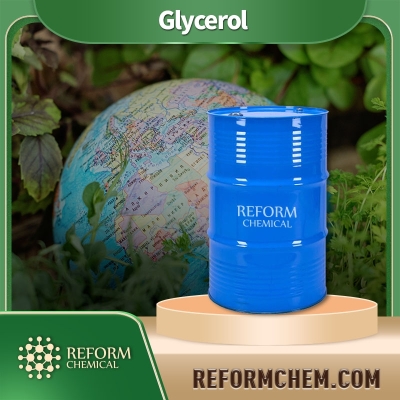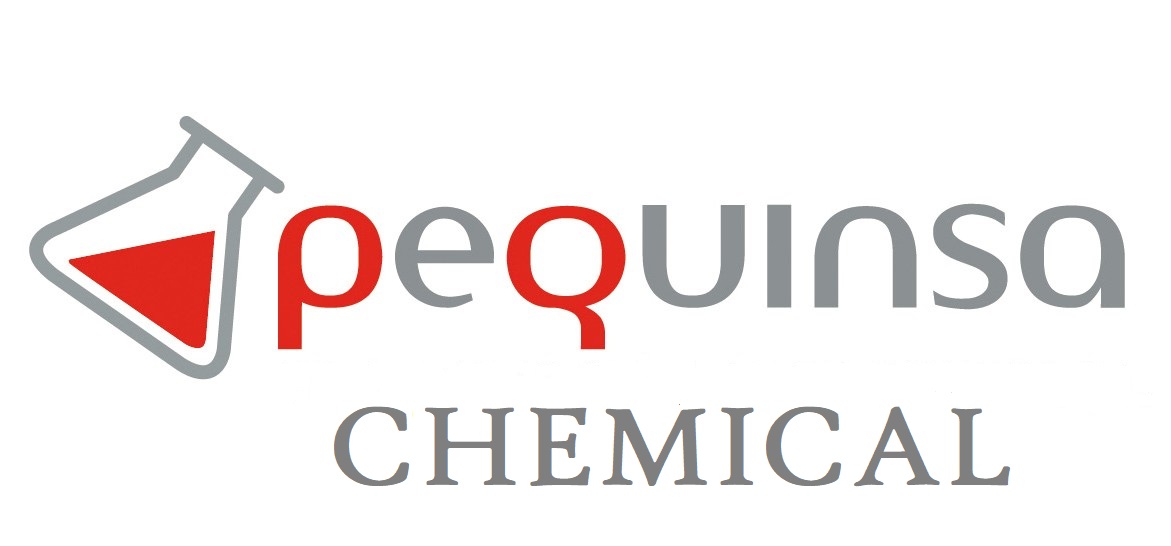-
Categories
-
Pharmaceutical Intermediates
-
Active Pharmaceutical Ingredients
-
Food Additives
- Industrial Coatings
- Agrochemicals
- Dyes and Pigments
- Surfactant
- Flavors and Fragrances
- Chemical Reagents
- Catalyst and Auxiliary
- Natural Products
- Inorganic Chemistry
-
Organic Chemistry
-
Biochemical Engineering
- Analytical Chemistry
-
Cosmetic Ingredient
- Water Treatment Chemical
-
Pharmaceutical Intermediates
Promotion
ECHEMI Mall
Wholesale
Weekly Price
Exhibition
News
-
Trade Service
Ranitidine hydrochloride is a widely used drug in the field of medicine, but it also has various chemical applications in the industry.
This article will discuss the different applications of ranitidine hydrochloride in the chemical industry.
- Antacid tablets: Ranitidine hydrochloride is widely used as an active ingredient in antacid tablets, which are used to neutralize stomach acids.
Antacids are used to relieve heartburn, indigestion, and other stomach-related problems.
The drug works by binding to histamine receptors in the stomach, which reduces the amount of acid produced by the stomach.
The use of ranitidine hydrochloride in antacid tablets is effective in providing relief from acute and chronic acidity. - Pharmaceuticals: Ranitidine hydrochloride is an important pharmaceutical ingredient, which is used in a variety of medications to treat conditions such as acid reflux, gastroesophageal reflux disease (GERD), and other gastrointestinal problems.
The drug is available in various forms such as tablets, capsules, powders, and syrups, which can be easily administered to patients. - Hygiene products: Ranitidine hydrochloride is used in various hygiene products such as mouthwashes, toothpastes, and throat lozenges.
These products help to freshen breath, reduce bad odor, and prevent tooth decay.
The drug also has antimicrobial properties, which help to prevent the growth of bacteria and other microorganisms in the mouth and throat. - Analgesic: Ranitidine hydrochloride has been found to have analgesic properties, which can help to relieve pain.
The drug can be used in the treatment of headaches, muscle pain, and other types of pain.
Research has also shown that ranitidine hydrochloride can be used in the treatment of neuropathic pain, which is a type of pain that is caused by nerve damage. - Paints and coatings: Ranitidine hydrochloride is used in the production of paints and coatings, as it acts as a catalyst in the drying process.
The drug helps to speed up the drying process, which can reduce the time required for the application of the paint or coating.
This can be particularly useful in the manufacturing of automobile paint, where speed and efficiency are important factors. - Detergent and cleaning products: Ranitidine hydrochloride is also used in the production of detergent and cleaning products.
The drug can help to prevent the corrosion of metals and other surfaces, which can be damaged by acids and other chemicals.
The use of ranitidine hydrochloride in these products can improve their efficiency and longevity. - Food additives: Ranitidine hydrochloride is used as a food additive in various countries, particularly in Asian countries.
The drug is used to improve the taste and aroma of food, particularly in soups, sauces, and other liquid food products.
The drug works by blocking histamine receptors, which can enhance the sensitivity of taste buds and improve the overall taste of the food.
In conclusion, ranitidine hydrochloride has a wide range of applications in the chemical industry.
From antacids and pharmaceuticals to hygiene products, paints, and cleaning products, the drug has proven to be an effective ingredient in various applications.
The drug's ability to block histamine receptors and reduce acid production in the stomach has made it an important ingredient in many industries.
As research continues, it is possible that new applications for ranitidine hydrochloride will be developed, expanding its use in the chemical industry.







